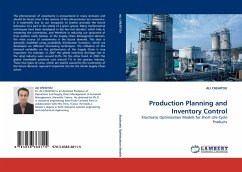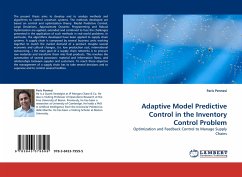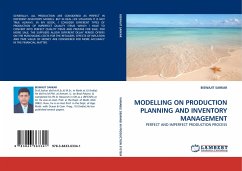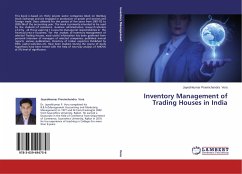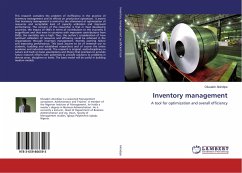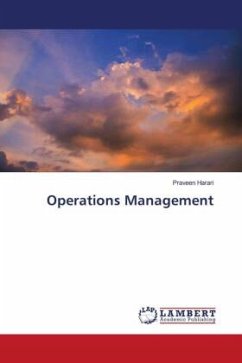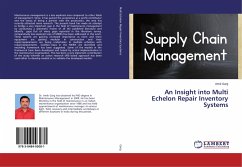The phenomenon of uncertainty is encountered in many domains and should be faced. Even if the sources of this phenomenon are numerous, it is essentially due to our incapacity to predict precisely the future behaviour of a part or the whole of a given system. Many mathematical techniques have been developed in the few last decades, which help in mastering the uncertainty, and therefore in reducing our ignorance of how systems really behave. In the Supply Chain Management domain, the main source of randomness is the future demand. This later is generally modelled using probability distribution functions, which are developed via different forecasting techniques. The influence of this demand variability on the performance of the Supply Chain is very important: for example, in 2007 the global inventory shortage rate in the retail industry were around 8.3%. On the other hand, in 2003 the global Unsaleable products cost around 1% in the grocery industry. These two types of costs, which are mainly caused by the uncertainty of the future demand, represent important lost for the whole Supply Chain actors.
Bitte wählen Sie Ihr Anliegen aus.
Rechnungen
Retourenschein anfordern
Bestellstatus
Storno

